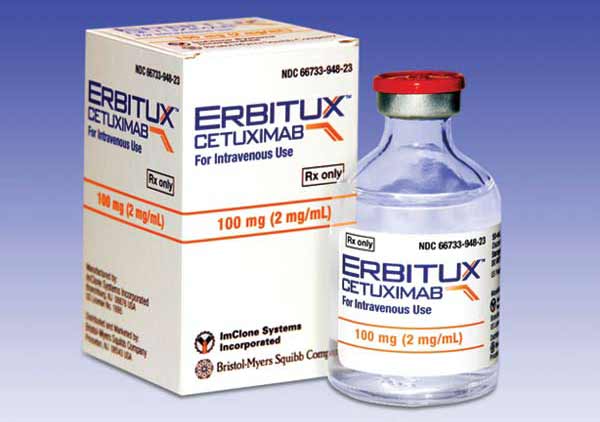FDA Takes On Personalized Medicine

Personalized medicine does not fit easily into established government procedures for approving drugs. After all, clinical trials are designed to test a drug on a large and diverse group of patients, and the whole point of personalized therapeutics is to target the specific genetic populations that will benefit most. The U.S. Food and Drug Administration is now trying to figure out how to judge the usefulness of a drug designed for particular genetic groups while also considering its safety for others who may receive it for off-label purposes.
Last fall the FDA created a post for a genomics advisor, who will coördinate the agency’s efforts to address the subject of genetic data and prescription drugs. Amy Miller, public-policy director of the nonprofit Personalized Medicine Coalition, says the agency has signaled that it’s “now ready to give the industry some guidance on how personalized-medicine products will be regulated in the future.”
One of the first challenges the FDA will probably tackle is how to evaluate genetic and biomarker-based tests aimed at identifying the patients most likely to benefit from a drug. The agency has begun adding recommendations for diagnostic tests to drug labels, and in a handful of cases it has mandated a genetic test before a drug can be prescribed, but there is currently no streamlined path for approving the combination of a drug and a diagnostic test. The FDA has indicated that it will develop guidelines, but so far it’s not clear how, or when, it will resolve the logistical difficulties involved in approving two very different products in one regulatory process.
Keep Reading
Most Popular
Large language models can do jaw-dropping things. But nobody knows exactly why.
And that's a problem. Figuring it out is one of the biggest scientific puzzles of our time and a crucial step towards controlling more powerful future models.
The problem with plug-in hybrids? Their drivers.
Plug-in hybrids are often sold as a transition to EVs, but new data from Europe shows we’re still underestimating the emissions they produce.
How scientists traced a mysterious covid case back to six toilets
When wastewater surveillance turns into a hunt for a single infected individual, the ethics get tricky.
Google DeepMind’s new generative model makes Super Mario–like games from scratch
Genie learns how to control games by watching hours and hours of video. It could help train next-gen robots too.
Stay connected
Get the latest updates from
MIT Technology Review
Discover special offers, top stories, upcoming events, and more.